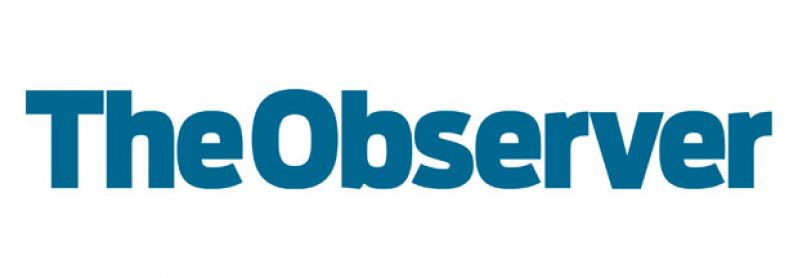THE need for balanced and ethical journalism is paramount in any society; but this is rarely the actuality and reality, because newspapers are mainly profit-motivated. Also, bias and prejudice are natural components in the human socio-psychological, and even political composition.Therefore, media houses skew their stories to coincide with their individual bias framework; as in Guyana’s instance, where the proliferation of media outlets, both print and electronic, does not guarantee accuracy and/or fairness in the distribution of news, especially news of a political nature. It is also important to take into consideration the fact that scandal sells newspapers, so the sensationalising of news stories adds another dimension to the fray, especially when there is a competition, which most often evolves into real profit-motivated battles.
Nonetheless, the public most often takes the reported news as Gospel, without questioning the source or motive; factors which lend authenticity, or vice versa, to media houses. Thus, the imperative of accuracy in reporting the news should be the primary factor and the sole consideration of any media outlet.
Sadly, this is not the case of most Opposition media houses in Guyana, which has engendered much angst, frustration and anger in the society. There is a great deal of resentment and unhappiness among decent people, who are appalled at the drastic decline in journalistic standards, rivalling the days of Burnham. During the years of PNC rule, the media was oppressed and practically outlawed. However, today where there is absolute press freedom, distortion and misrepresentation of facts, even outright lies, have become a regular feature in Guyanese life. Oftentimes it seems that the current generation of reporters has not a clue of investigative journalism, choosing to merely gloss over their stories with a surface assessment of overt perceptions, rather than taking the time to explore the covert events of actualities.
This inadequate reporting is a dereliction of responsibility by the reporters. It is far better that a story be deferred, rather than an incorrect report be published. Opposition media houses are prone to this type of reporting, especially where it relates to the business of the Government.
Private media houses gain increased readership, sale of advertisement and publication for their skewed alternative viewpoints. Journalists often publish an incorrect story, with a minute basis on fact, oftentimes not a complete fabrication; merely a distortion or misrepresentation of facts; or lying by omission or distorted quotations.
Many private media houses are mere propaganda press for Opposition Political Parties; and their reporters, columnists and commentators are adept at sensationalism and propaganda; making wild accusations against adversaries, whether in the social, entrepreneurial or political world, most often with no supporting evidence; or with concocted facts, which can be disputed by any just person who is interested in the truth.
Envy, greed and malice against opponents and adversaries also need to be factored into this equation where verbal vitriol, vindictiveness, and spite predominate and define policies.
The hallmarks of a good reporter are hard work, honesty, honour, integrity, accuracy, professional ethics, neutrality, and trustworthiness: In other words, a complete lack of bias.
Training seminars and workshops for media operatives in Guyana are most often conducted by persons whose bias towards Opposition politics is evident in presentations that are visibly skewed to Opposition politics, and thus defeats the primary focus and purpose of such exercises.
In the final analysis, like every endeavour germane to the body politic and social world in the global collective of nations, it all boils down to the dominant imperative of morality, integrity, and professional ethics.



.jpg)









